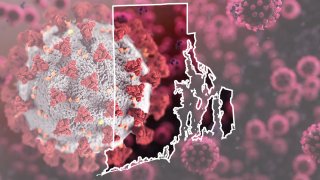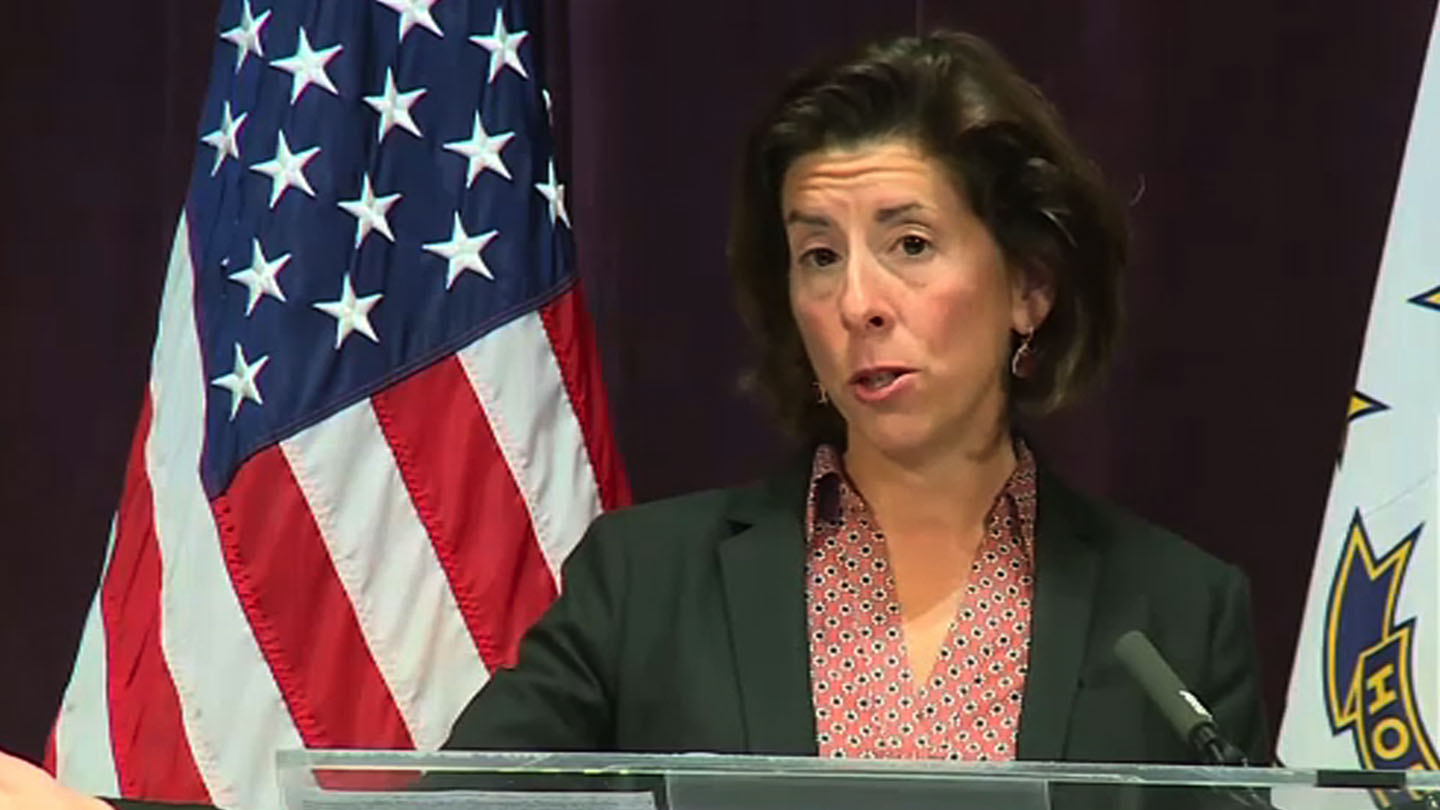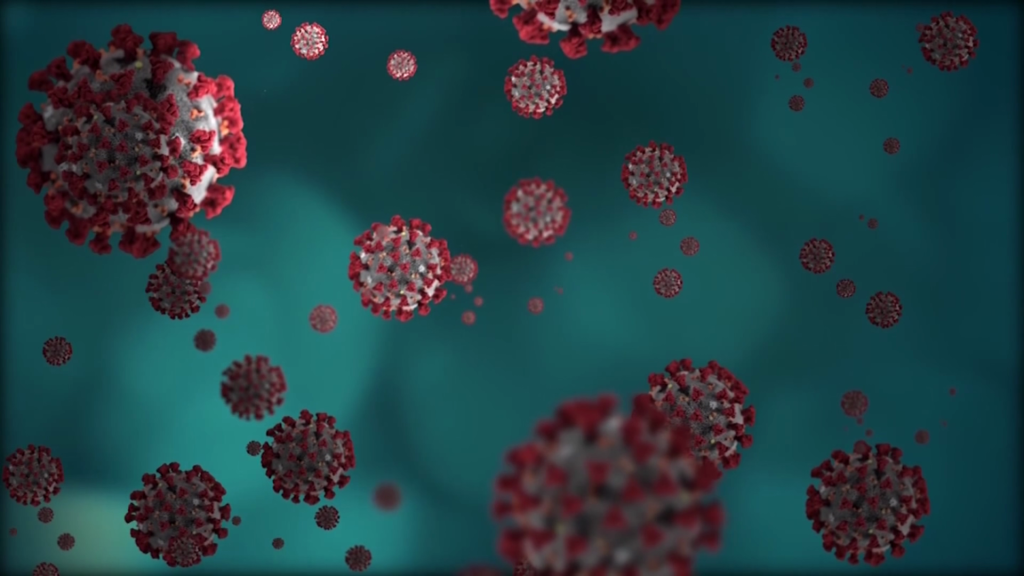
More than 2,000 Rhode Islanders have now died of coronavirus-related complications, the state Department of Health said Friday.
With nine additional fatalities from the disease, the death toll is now 2,005.
The national death toll is nearly 389,000, according to Johns Hopkins University.
"The tragic loss of life is unfathomable and unforgiveable and the grief is immeasurable," Democratic U.S. Sen. Jack Reed said in an emailed statement. "We mourn every one of these individuals who COVID-19 has taken from us and we must redouble efforts to save lives and protect communities."
The department also reported 901 people who tested positive on Thursday, out of more than 19,200 tests, for a daily positivity ate of 4.7%.
The latest seven-day average positivity rate in Rhode Island is now 5.66%, down from almost 7% two weeks ago. State health departments are calculating positivity rate differently across the country, but for Rhode Island the AP calculates the rate by dividing new cases by test encounters using data from The COVID Tracking Project.
The seven-day rolling average of daily new cases in Rhode Island has risen over the past two weeks from more than 918 on Dec. 31 to almost 971 on Thursday.
Rhode Island is still struggling with an adequate vaccination supply, health officials say.
Dr. Philip Chan, consultant medical director for the sate Department of Health, said in a meeting Friday that there are continued questions to the department about why certain groups of people are getting vaccinated now and why others have to wait.
More on the Coronavirus in Rhode Island
"The very simple answer is, the state of Rhode Island does not have the supply right now to vaccinate everyone who wants to be vaccinated," Chan said. "And if we could, we would absolutely definitely vaccinate everyone who wants one, and that is our goal eventually."
The Rhode Island COVID-19 Vaccine Subcommittee also met Friday to outline the next steps for Phase 2 of the state's vaccine distribution, but reached no firm conclusions.
The state has identified about 220,000 potential front-line essential workers that didn't qualify for Phase 1, including about 36,000 who work in schools.
Before next week's subcommittee meeting, the group plans to review the data and recommendations.



